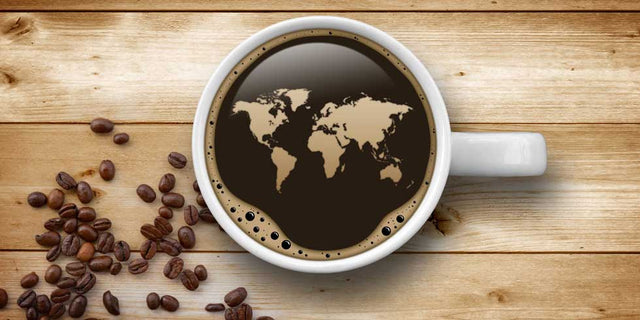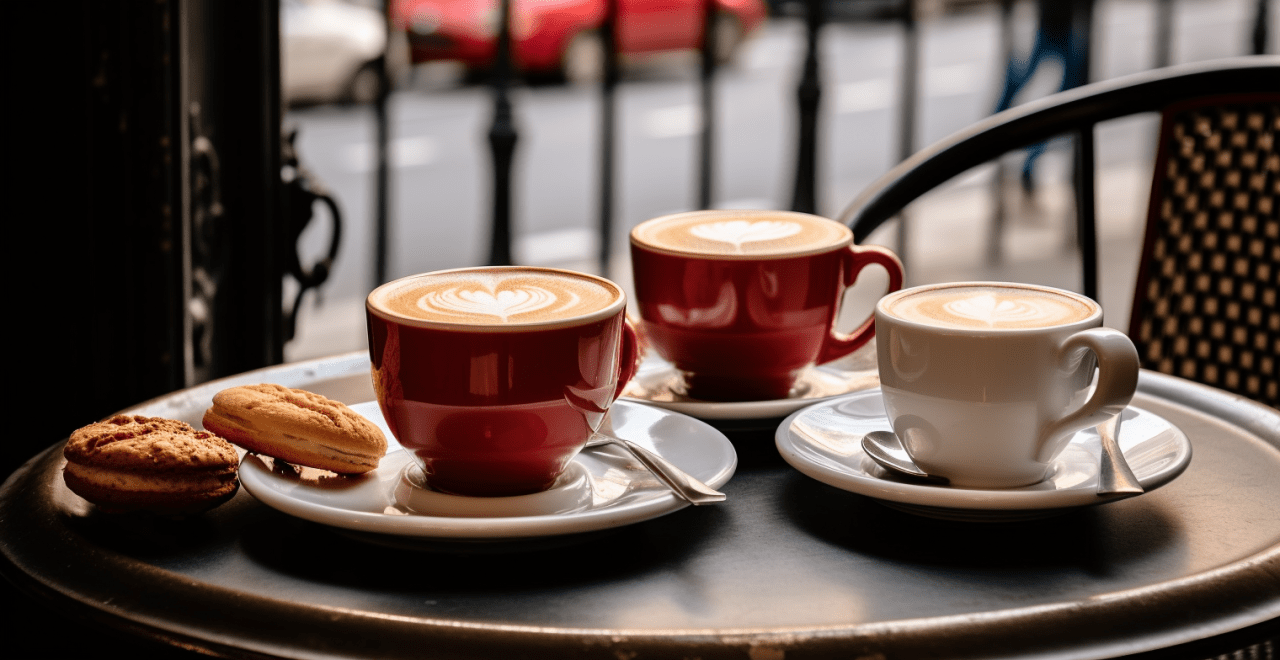Coffee culture has changed significantly over the years, going from a simple morning routine into a complex, global phenomenon that reflects the changing tastes, technologies, and social habits of society. This transformation has not only influenced how we consume coffee but also how we perceive and engage with it in our daily lives.
Coffee Shops
In the past, coffee was primarily consumed at home or in traditional coffee houses. These spaces were often seen as intellectual hubs where people gathered to discuss politics, literature, and life. Coffee was brewed in a few standard ways, with a focus on the caffeine kick it provided rather than the nuances of flavor.
The rise of specialty coffee in the late 20th century marked a major shift in coffee culture. This movement emphasized the quality and origin of the coffee bean, introducing consumers to a variety of brewing methods that highlight different flavor profiles. Coffee enthusiasts began to seek out single-origin beans and appreciate the craftsmanship involved in roasting and brewing. This era saw the rise of the third wave coffee movement, which treats coffee as an artisanal foodstuff, much like wine, rather than just a commodity.
Another change in coffee culture is the role of cafés in social interaction. Modern coffee shops have become communal spaces that cater to a range of activities, from casual meetings to remote work. The design and atmosphere of these spaces are just as important as the quality of coffee they serve, with many offering a cozy, inviting environment that encourages customers to linger.
Technology
Technology has also played a big role in the evolution of coffee culture. Advances in brewing equipment have made it easier for both professionals and amateurs to experiment with different techniques. Meanwhile, social media platforms have allowed coffee enthusiasts to share their experiences and discoveries, further fueling the interest in specialty coffee.
Conclusion
In summary, coffee culture has undergone a remarkable transformation, reflecting broader societal shifts. It has moved beyond a simple beverage to become a symbol of community, craftsmanship, and cultural exchange, illustrating our ongoing quest for quality and connection in our daily rituals.
More stories

Exploring the Most Popular Coffee around the World

